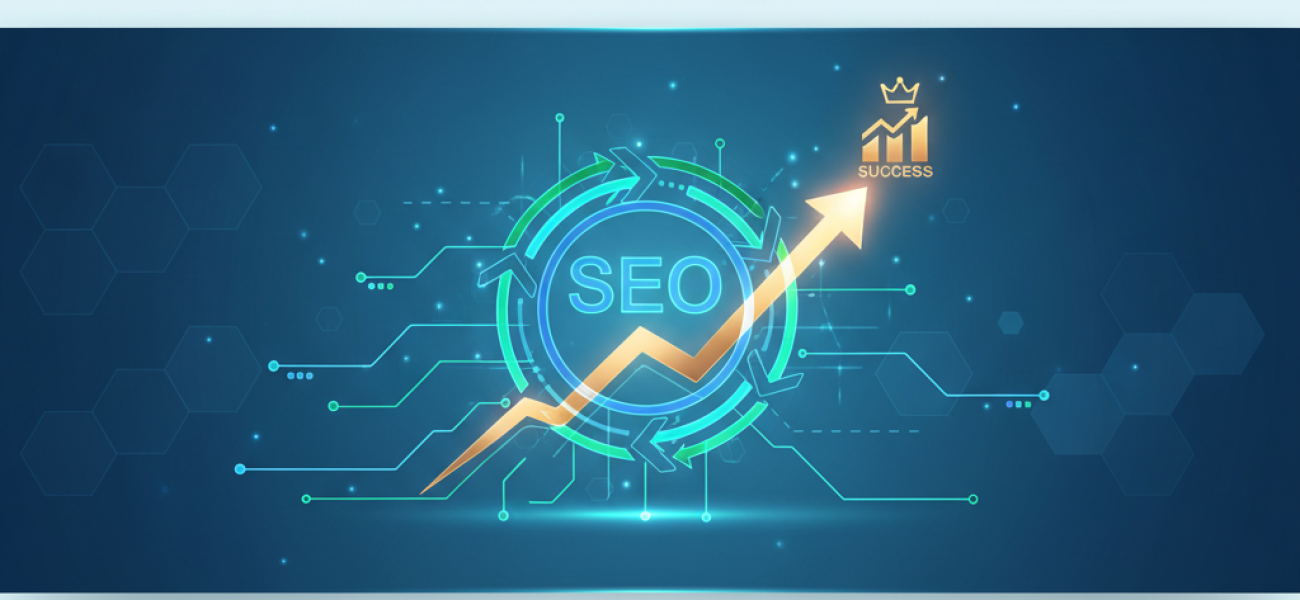As we approach 2026, the landscape of Search Engine Optimization (SEO) continues to evolve, with canonicalization emerging as an essential component—one that cannot be overlooked. This article explores the nuanced nature of canonicalization, its importance in both traditional SEO and the rising phenomenon of generative engine optimization (GEO), and practical strategies for implementation.
Understanding Canonicalization
At its core, canonicalization is a vital technical SEO practice designed to specify the preferred version of a webpage when multiple URLs possess similar or duplicate content. By utilizing canonical tags, webmasters can eliminate the risk of content duplication conflicting with primary sources while guiding search engines to the original content. This is crucial as it allows search engines like Google to allocate ranking signals effectively, enhancing the website’s authority.
The Value of Canonical Tags
Implementing canonical tags offers several key advantages that optimize both user experience and SEO strategy. They help to maintain a site’s integrity by consolidating link equity and enhancing the clarity of content intent for search engines. Moreover, this practice plays a significant role in shaping the perceptions of both traditional SEO and emerging generative engines.
Single Source of Truth
Canonicalization fundamentally clarifies to search engines which URL should be considered as the authoritative version. This prevents duplicate or nearly identical pages from competing in search rankings. As generative engines increasingly rely on clear signals to assess which content to feature, a robust canonical strategy simplifies their task of identifying the predominant version of a page.
Trust and Accuracy in Search Results
With Google emphasizing Expertise, Authoritativeness, and Trustworthiness (E-A-T), it is imperative that search engines can effortlessly discern which version of a piece of content should be recognized. Canonicalization reinforces this clarity by ensuring that obsolete or erroneous versions do not dilute the integrity of your content footprint. Directly, this impacts both user experience and search visibility.
Implementing Canonical Tags: Best Practices
To successfully apply canonical tags, collaboration with your web development team is often necessary, particularly if your website employs complex structures or unconventional content management systems (CMS). The goal is to ensure that every essential page features a correct canonical tag, prioritizing ease of use for search engines.
Basic Guidelines
One of the simplest yet most effective practices is to ensure every page contains a self-referencing canonical tag. This establishes a clear preferred URL, which is pivotal for efficient indexing. Not only does this prevent search engines from misclassifying your pages, but it also helps avoid complications arising from duplicate content.
Avoid Common Pitfalls
Duplicate content can originate from seemingly innocent technical discrepancies. For instance, variations of URLs that include www versus non-www, or HTTP compared to HTTPS, can confuse search engines. Always ensure that canonical tags accurately point to your site’s preferred version to maintain clear communication and avoid ranking dilution.
Canonicalization in an E-commerce Environment
E-commerce websites present unique challenges for canonicalization due to their expansive structures, including product variations, category listings, and often complex URLs driven by various parameters. It is essential to implement a strategic approach to avoid the unintended consequences of duplicate content.
Handling Product Variants
When dealing with product versions that exhibit slight variations—like colors or sizes—it can be beneficial to direct canonical tags to the main product page. However, if specific product variants exhibit substantial search volume, they may warrant their own self-referencing canonical tags to harness their unique authority.
Pagination Challenges
Pagination should also receive careful consideration. Each paginated URL should ideally have its self-referencing canonical tag to maintain discoverability and ensure search engines index deeper pages. The concept of using rel=prev and rel=next is now deprecated, so following optimal canonical practices becomes paramount for a successful pagination strategy.
Monitor and Maintain Canonical Integrity
Regular monitoring of your canonical tags is crucial for ongoing SEO success. Tools like Google Search Console can provide insights into how well your pages are indexed, alerting you to instances where Google may have chosen a different canonical than the one you specified. This continual vigilance allows you to catch canonicalization ghosts or unintended tag changes before they negatively impact your site’s SEO performance.
Utilizing SEO Auditing Tools
In addition to Google Search Console, employing SEO auditing tools like Screaming Frog or Sitebulb can aid in identifying canonical issues. These tools help analyze your site for multiple canonical tags, incorrect canonical targets, and missing tags, ensuring your site is optimized for both user experience and search performance.
The Shifting Landscape of SEO in 2026
As artificial intelligence (AI) and generative engines continue to reshape the way information is served and consumed, the role of canonicalization is also poised to change significantly. Understanding emerging trends and leveraging them within your canonical strategy will be vital for survival in an increasingly competitive digital marketplace.
Elevated Need for Clean Signals
Google and generative systems are inundated with URLs daily, leading to a greater need for precise and consistent canonical signals to cut through the noise. Clean, well-structured canonical indications can help maintain that clarity, ensuring that search engines can reliably interpret content relevance.
Adoption of AI in Canonical Strategies
The optimization and management of canonical tags will see advancements in the application of AI tools, which will enhance the ability to spot inconsistencies proactively. As these developments occur, maintaining consistent and reliable canonical implementations will be a significant factor in establishing authority and visibility online.
Conclusion: The Importance of Canonicalization
Canonicalization may not be the flashiest aspect of SEO, but it is undeniably one of the essential elements that bind an efficient content ecosystem. By prioritizing canonical strategies, businesses can ensure their digital presence is robust, trusted, and easily navigable by both users and search engines alike. As we venture further into the gears of 2026, mastering this technique will be invaluable as digital landscapes continue to shift and transform.
As we embrace AI in marketing, clarity in canonicalization will set the foundation for our strategies moving forward, says Emily Thomas, an AI marketing expert.


